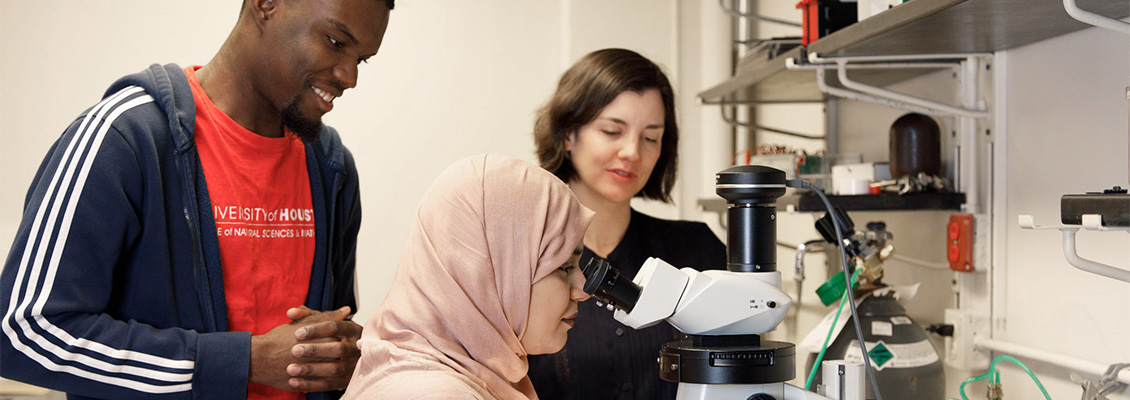Cell and Molecular Biology

Cellular and molecular mechanisms lie at the heart of many biological processes, and the Division of Cell and Molecular Biology encompasses a diverse range of research programs. There are two major areas of emphasis within the division.
Neurobiology and Physiology
The Neurobiology and Physiology group incorporates faculty with interests in cellular and molecular neurobiology, cellular and organismal physiology, and animal behavior. Studies carried out by labs in this group generally integrate genetic, electrophysiological, biochemical, or computational studies, and advanced functional imaging with cellular and molecular approaches. An emerging core of this group focuses on the analysis of behavior, using both invertebrate and vertebrate organisms.
Development and Regulatory Biology
The Development and Regulatary Biology group includes faculty with interests in cancer biology, genomics, cell signaling, embryonic development and regeneration, human genetics, transcriptional regulation, microRNAs, and nuclear receptors. Researchers in this group use a wide array of molecular approaches, as well as biochemical, cellular, and bioinformatic analyses, to investigate the regulation of gene expression using vertebrate model systems (e.g., mouse or frog embryos) or mammalian cell lines.